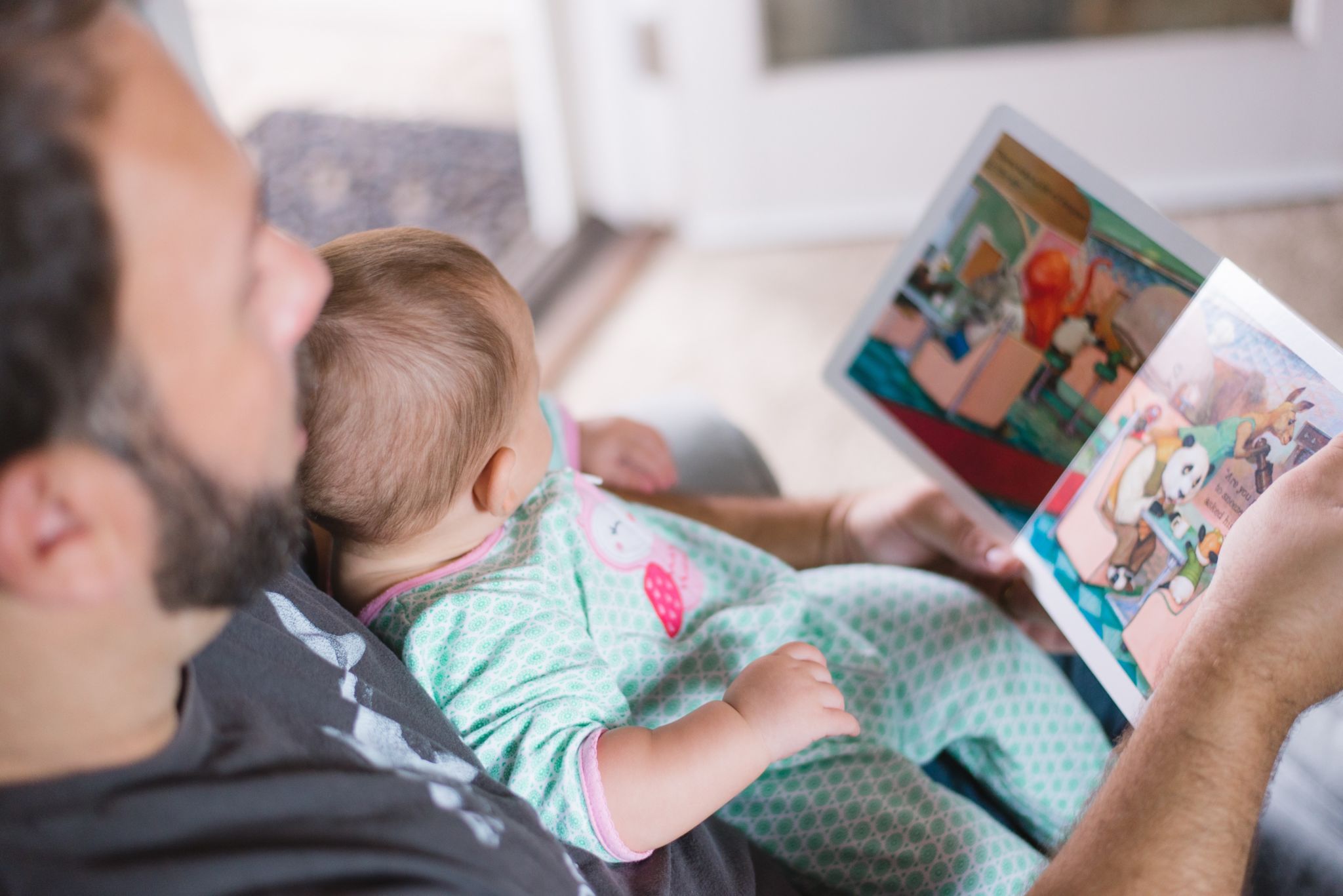
My younger foster daughter stormed out of the living room where we’d been doing battle.
“You knew what you were getting into when you signed up for me!” she screamed, the crash of the front door shattering my heart.
But the truth was I didn’t know what I was getting into when I became a foster parent. My husband, Saul, and I had had Janine and her sister Mariah as foster children for almost four years by then. I had known the girls since they were small. I was their pediatrician. I met them on the day their mother, Linda, dragged them into my office with no appointment — they were not even my patients yet — and announced that Mariah was sick.
“She’s not well!” Linda bawled. “You have to help her!”
Indeed, she was not well. She had a fever of 105, was shaking, sweaty and pale. She had just come from the emergency room across the street where they’d drawn blood, diagnosed her with pneumonia, and sent her home with a prescription for antibiotics. But instead of going to the pharmacy, Linda had come to my office, unannounced, demanding more.
Linda was a mentally ill alcoholic, but her maternal instincts were spot on. I gave Mariah a shot of a potent antibiotic and hospitalized her. Sure enough, the next day her blood cultures turned positive. She was septic. And Linda had known. Or at least she had known that Mariah needed more.
As it turned out, both girls would need more. Their father would die of recurrent bladder cancer the day after Mariah turned 11. Their mother would start drinking heavily again, becoming violent with the girls. The Department of Children and Families would place them in foster care. Both girls would turn to self-destructive behaviors to cope with their rapidly disintegrating world. Mariah would begin cutting herself, bringing her pain into sharper focus. Janine would develop severe anorexia, shrinking her crumbling world into one manageable bite.
They were placed in 11 different homes and programs each over the next five years. Through it all, I tried to keep track of them. But Janine’s social worker stopped returning my calls after she was placed in her third residential treatment program. I heard through Mariah’s court-appointed special advocate that she was so unhappy in her latest placement that although she’d been there for three weeks, she wouldn’t even unpack her bags.
I had to do something. As a doctor, I knew a bit about eating disorders and I knew about teens who cut. Maybe I could provide that extra level of care and skill these girls needed. Maybe I could become their foster mother. Maybe I could give them that something more.
***
Read more at nytimes.com